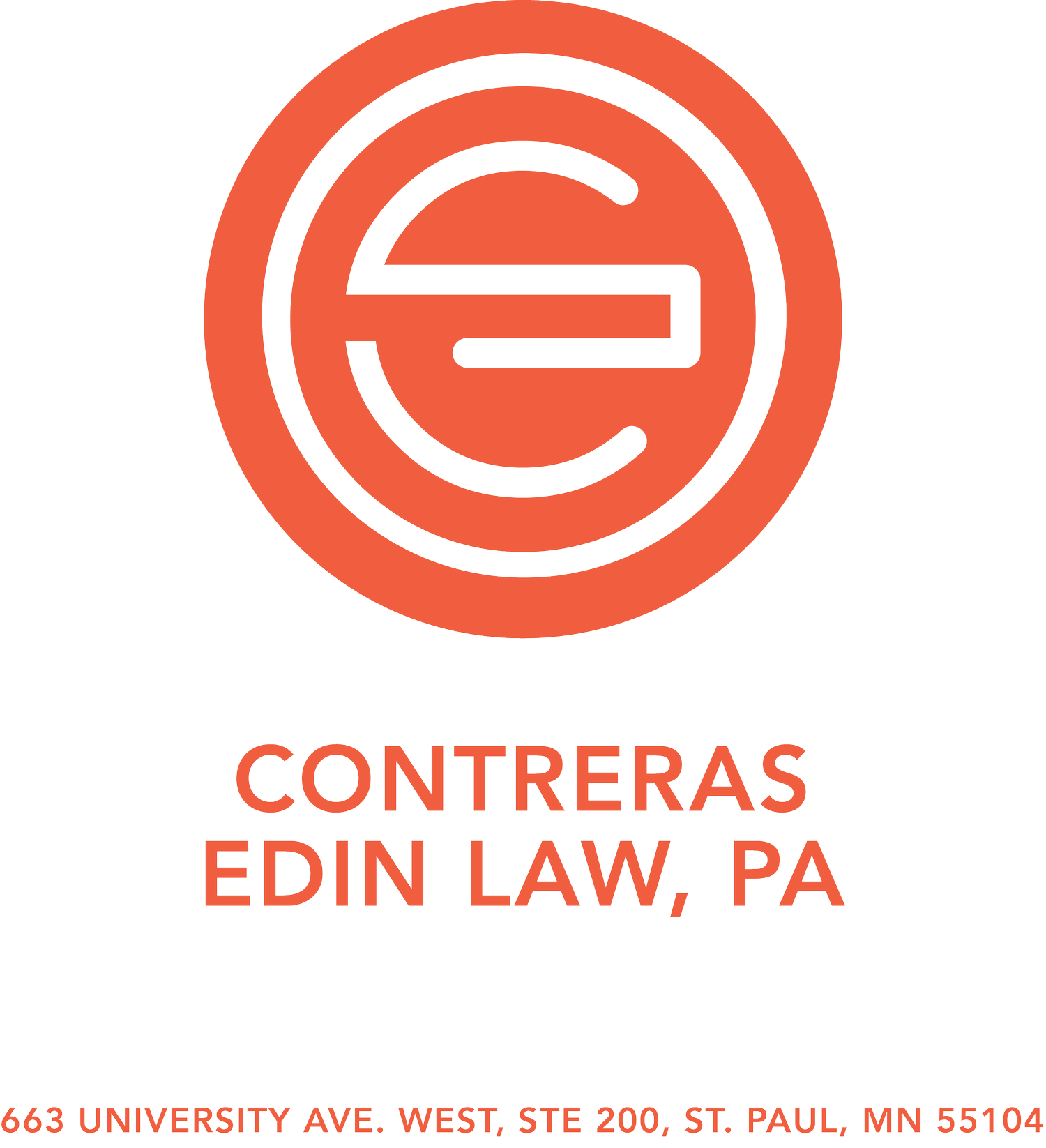If you have been the victim of a crime in the United States, it is possible that you may be eligible to apply for a U Visa. A U Visa can allow temporary immigration status including a work permit, temporary immigration status for qualifying family members of the victim and/or permanent resident status in the United States.
The first step to applying for a U Visa is to a get a U Visa Certification.
Below are five tips for getting the U Visa Certification signed.
1. Does the Victim of Any Crime Qualify?
No. In order to get a U Visa certification signed, the person must have been the victim of a qualifying crime. Currently, some of the qualifying crimes include: domestic violence, felonious assault, kidnapping, rape, and sexual assault. These are just some of the qualifying crimes, so it is important to speak with a lawyer to see if your situation qualifies.
2. What if I Was the Victim of a Crime A Long Time Ago?
There is no requirement that a person need to have been the victim of a crime recently. As long as the person was the victim of a qualifying crime, there’s a police report relating to the incident, and the victim was helpful or willing to be helpful, the person is likely eligible.
3. What if I Did Not Report the Crime to the Police?
To be eligible for a U Visa Certification, the crime must have been reported. If the crime has not been reported, it is still possible to report the crime after it happened. You should consult with an attorney on whether this is a good idea for your particular situation.
4. Who Signs the U Visa Certification?
The following law enforcement authorities are eligible to sign the U Visa Certification:
- Any Federal, state, or local law enforcement authority (including prosecutors and judges) that has responsibility for the detection, investigation, prosecution, conviction, or sentencing of qualifying criminal activity.
- If more than one qualifying law enforcement authority is involved in the case, any of them may complete the certification.
- Law enforcement authorities with criminal investigative jurisdiction such as child protective services, the Equal Employment Opportunity Commission, and the Department of Labor may also complete the certification.
5. What Does the Certifier Look for When Deciding Whether or Not to Sign?
Factors a certified may look to when deciding to sign may be: is the person a victim of a qualifying crime or criminal activity; do they have information about the crime or criminal activity; and are or were they likely to be helpful in the detection or investigation of the qualifying crime or criminal activity, or the prosecution, conviction, or sentencing of the perpetrator.
Have More Questions?
Schedule a consult at our office to discover if you may be eligible, and to begin the U Visa Certification process. Our office is located at: 200 University Avenue W., Suite 200, St. Paul, MN 55103. We can be reached by phone at: (651) 771-0019.

